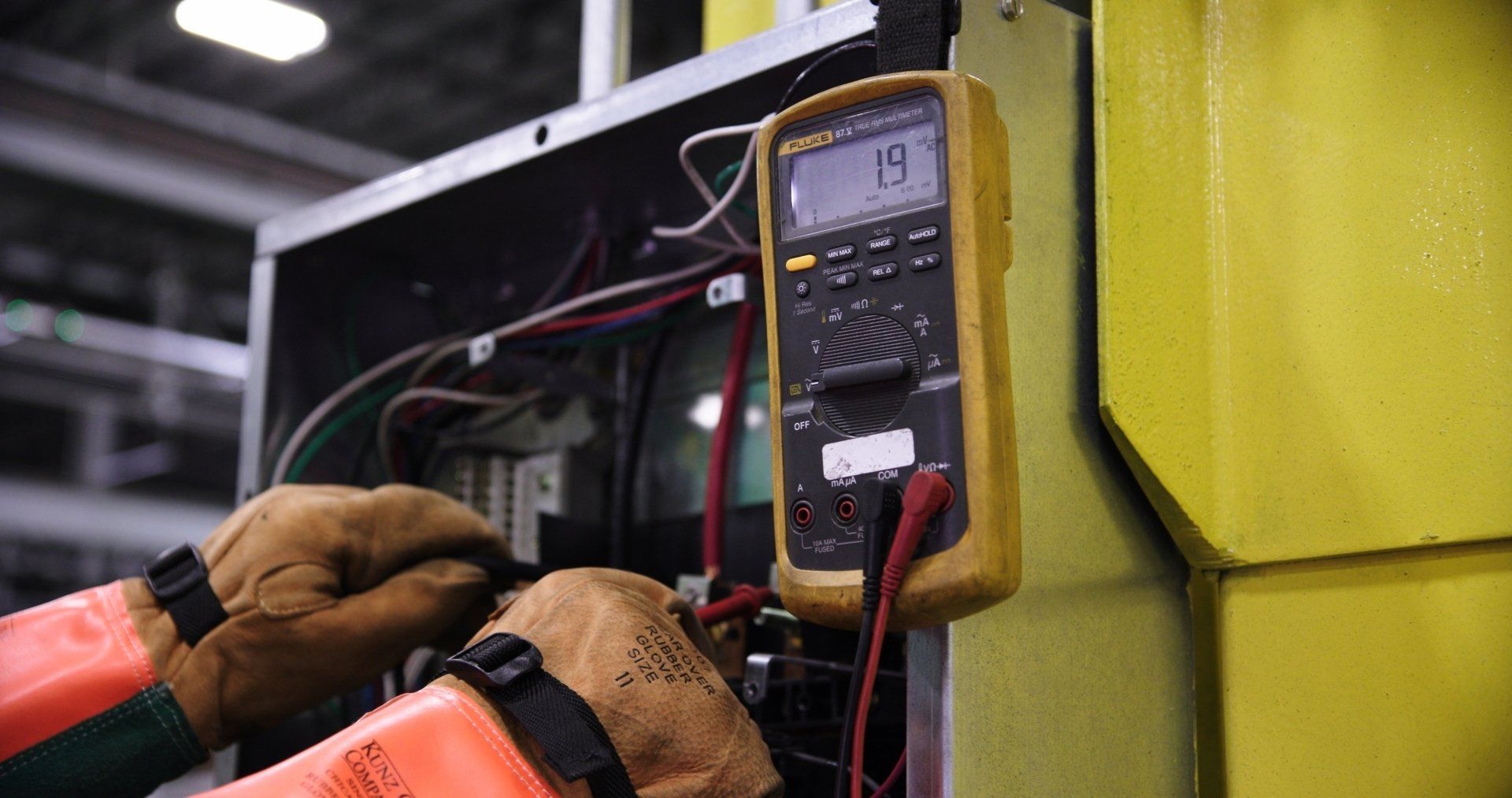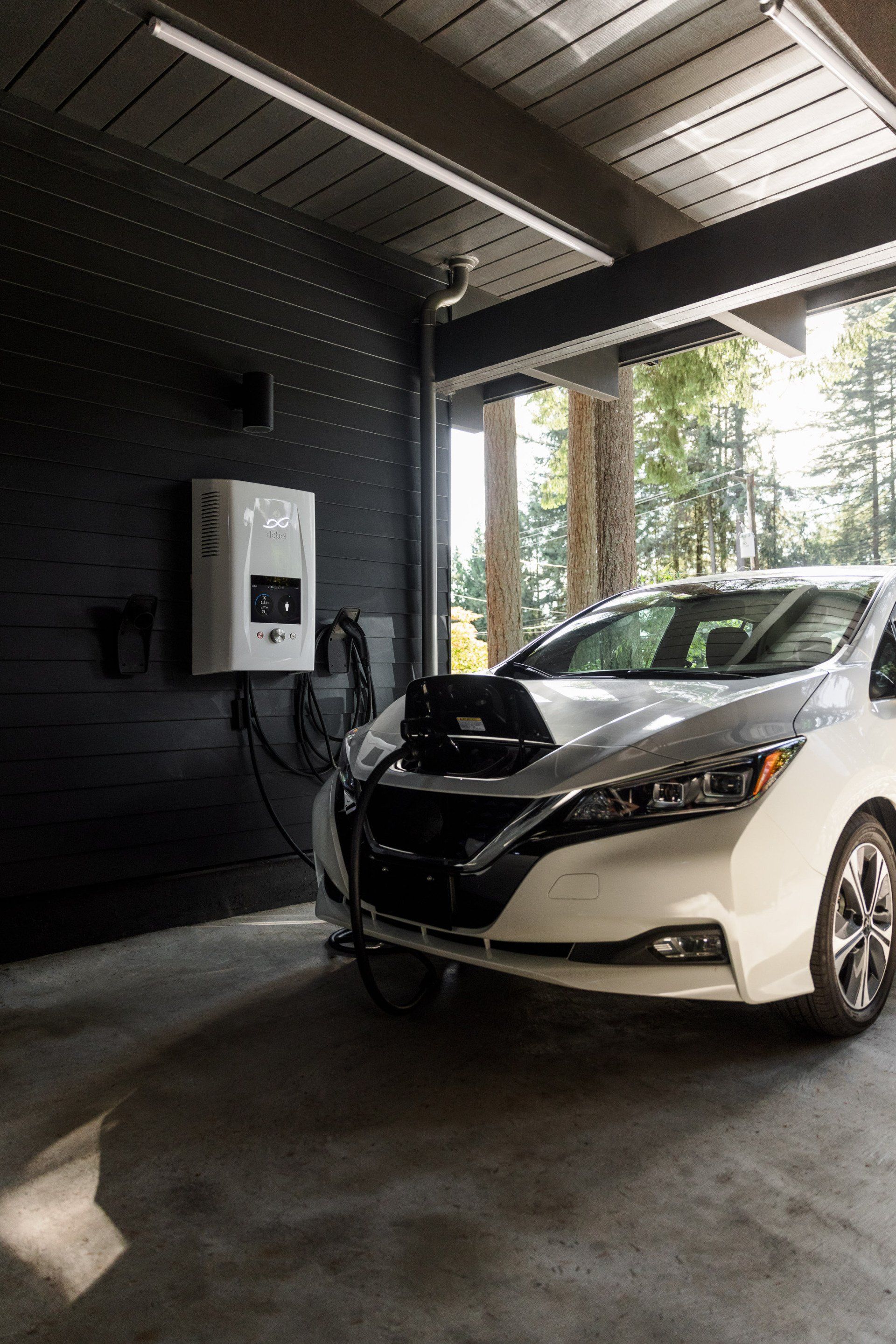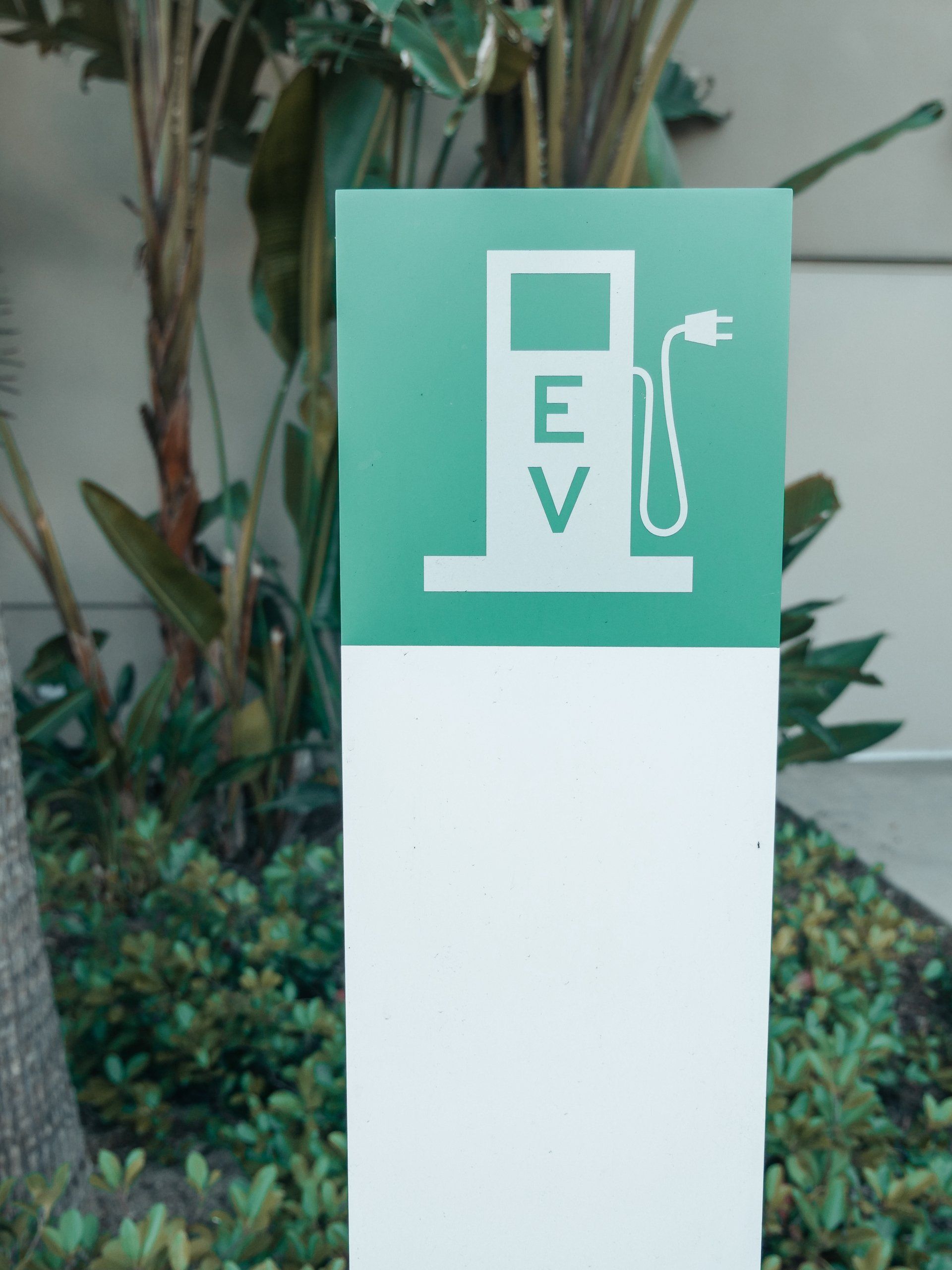April 9, 2023
Wireless EV chargers, or inductive chargers, are becoming increasingly popular as electric vehicles become more common. Inductive charging uses an electromagnetic field to transfer energy from a pad on the ground to a receiver on the vehicle, rendering the need for wires redundant. In this blog post, we will explore the benefits of wireless EV chargers. 1. Convenient One of the most significant advantages of wireless EV chargers is convenience. All you need to do is park the vehicle over the pad, and the charger will start charging your car. Wireless EV chargers are perfect for public areas or when you don't have the time or energy to plug in a wired charger. 2. Easy Installation In comparison to wired EV chargers, wireless EV chargers require much simpler installation. There are no hardwired connections or cabling, as seen in the wired charging options. Wireless chargers can be installed on an existing surface with minimal to no construction modifications. 3. Safe Wireless EV chargers are built with safety in mind. They have a mechanism that disallows people from touching the conductors, making it safe for households with children and pets. 4. Maintenance-free Wireless EV chargers require less maintenance than wired chargers. The lack of connection hardware and cables means there is less to repair or replace, and it's less likely for the charging point to fall into disrepair. 5. Durability Wireless EV chargers are resilient and can last 20+ years with little need for upkeep. 6. Future Proofing Wireless EV chargers are relatively new, and the market is still evolving. By installing one now, you're future-proofing your EV charging infrastructure as inductive charging becomes more popular and prevalent. 7. Aesthetics Wireless EV chargers require no visible wires, boxes or ports which makes them an attractive option for both public and private locations, improving the aesthetics of the surroundings. In conclusion, wireless EV chargers are fast, safe, and convenient, providing an excellent option for places where drivers frequently visit or stay briefly, such as parking lots, residential streets, and shops. Moreover, with technological advancements in electric cars, we can anticipate wireless charging technology to continue improving, making wireless charging the future of EV charging.




